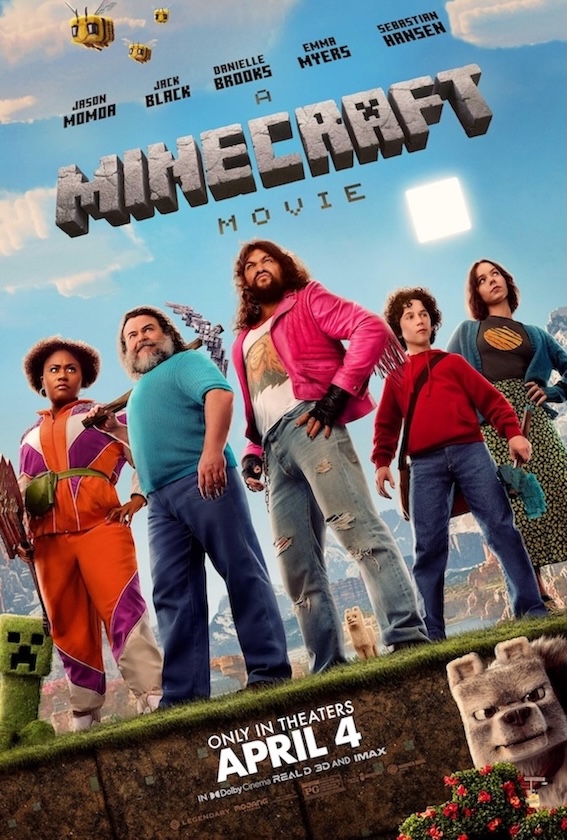Prejudice is something we have all experienced in some form or another. The idea that one person is better than another has ruled society since the beginning of time, and was apparent in many regards during the Civil Rights Movement.
The Help, directed, produced and written by Tate Taylor, addresses this issue with the story of a journalist who strives to show the truth behind the unethical treatment of black maids in Jackson, Mississippi during the 1960s.
The story sets off with three main characters — Eugenia ?Skeeter? Phelan (Emma Stone), Aibileen Clark (Viola Davis) and Minny Jackson (Octavia Spencer) — who begin to develop an impossible relationship under one purpose: to uncover the real life of a maid.
Skeeter, who has just finished college with a journalism degree, has moved back to Jackson ready to start her career. She lands a job writing for the Jackson Journal, but is limited to only writing the ?Miss Myrna? column, which answers questions about house cleaning on a weekly basis.
In order to impress a publicist in New York, Skeeter comes up with the idea to write a book based on the point of view of the help — a term that was coined for the maids. After learning what she wants puts her informants’ jobs on the line due to Jim Crow laws, Skeeter experiences the difficulty of finding even one maid to interview.
During this time, we follow the story of Aibileen, a black maid who’s main job was to raise little white girls. At the age of 53 she had raised 17 babies, all of whom grow up to be just like their prejudice parents.
Aibileen’s best friend Minny — a loud, outspoken and mouthy maid — experiences trouble finding a job after being fired by the most popular woman in Jackson: Hilly Holbrook (Bryce Dallas Howard). Eventually, she ends up working for Celia Foote (Jessica Chastain) who is scorned in the community due to the fact that she shows no difference in respect to Minny than she would a white person.
Their stories culminate with Skeeter’s book. As time moves on, Jackson’s problem begins to worsen as blacks are killed and maids are restricted from even using the same toilets as their employers.
After reading the book, written by Kathryn Stockett, I anticipated the movie’s release from the first trailer. The book was well-written and relatable despite the major differences in culture and time, and I had high hopes for the movie — though I was unsure if it could meet my standards. To my surprise, the movie went above and beyond my highest expectations.
The Help was one of the best movies I have ever seen, even when it’s compared to the book. The casting and costumes were well-done, as well as the setting. Nothing in the movie gave away the fact that it was filmed in the 21st century.
All the actors were phenomenal in their roles. Every reaction perfectly portrayed the pain, love and fear that resonated throughout the entire movie. Many times I laughed aloud with the audience at the sarcasm and truth that comes from Skeeter.
The director did a great job of showing the supposedly equal but obviously separate facilities for colored and white people. The added history of Doctor Martin Luther King Jr. also created a depth into the movie that I did not expect.
Even the scenes that are hard to watch, like the abusive relationships and cruelty towards colored people, were included in a way that was appropriate yet also got the point across.
My favorite part of the movie was watching the relationship between Skeeter, Aibileen and Minny go from awkward and rather impersonal to deep and worth more than their own safety. The laughs that could be shared between white and blacks, not common in Mississippi, took place in the homes of both Aibileen and Celia.
I would encourage everyone to see The Help as it is relatable to all. How many people around us are forced to be silent because of their religion, size, political beliefs or sexuality? What if we were able to change that? The Help seeks this type of change, as apparent with the actions and words of its characters.
The Help is rated PG-13 for thematic material. The film runs at 137 minutes and is playing at most local theaters. For tickets and showtimes, visit Fandango.






